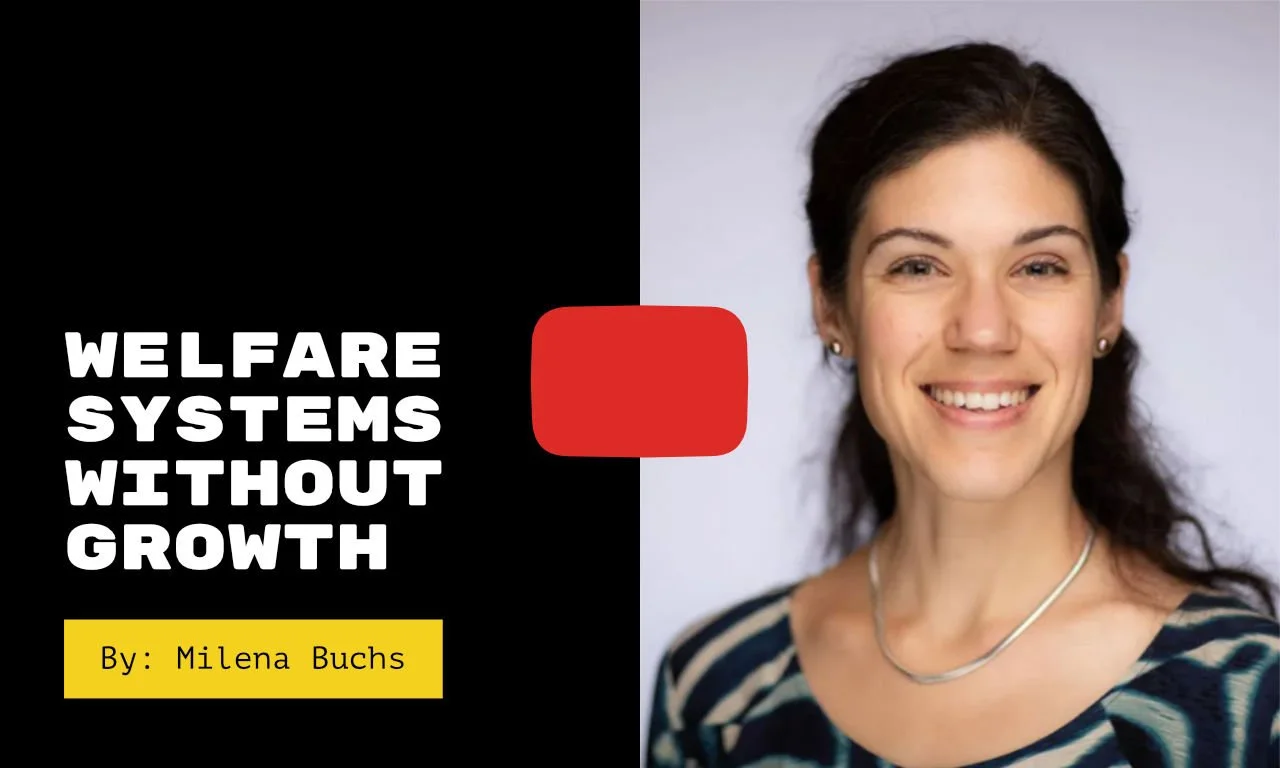Finding common ground to start the conversation
A wellbeing economy seeks a systemic transformation of the way we work and live. In the short-term, some aspects of this transformation will need more money from the government (e.g., investments in public services, social security, renewable energy, energy efficiency, etc). Economic growth is often presented as a prerequisite to finance these transitions. Similarly, short-term demands on government budgets (to firefight our many crises) are sometimes put forward to argue that ‘we can’t afford to focus on wellbeing’.
People holding these assumptions are not dismissing that wellbeing is important. Starting from this common ground, the conversation can focus on exploring fiscally responsible ways for governments to invest in and enable the required transformation.
Points of constructive debate
It is true that there currently is a certain dependence on economic growth when it comes to funding state expenditures. But that is only if we take the government’s current fiscal architecture as a given [1] [2] [3]. There are several reasons why economic growth is not an inherently necessary condition for financing essential state functions and the transformation towards a wellbeing economy:
The composition of government revenues matters
Strategic public investment is key
A wellbeing economy will save the government money in the long-term
Click on the card to read more about each of these reasons.
Wellbeing economy avenues for exploration and collaboration
So then, what are the alternatives that you can explore with those who want to find responsible and practical ways to fund the transition towards a wellbeing economy? In the video below, Professor Milena Buchs, Professor of Sustainable Welfare at Leeds University, describes how governments can move towards welfare systems without growth.
References
[1] Bailey, D. (2015). The Environmental Paradox of the Welfare State: The Dynamics of Sustainability. New Political Economy, 20(6), 793-811.
[2] Corlet Walker, C., Druckman, A., & Jackson, T. (2021). Welfare systems without economic growth: A review of the challenges and next steps for the field. Ecological Economics, 186, 107066.
[3] Petschow, U., Dittrich, M., & Ziehl, B. (2018). Social Well-Being within Planetary Boundaries: The Precautionary Post-Growth Approach. GAIA - Ecological Perspectives for Science and Society, 27(2), 106-111.


